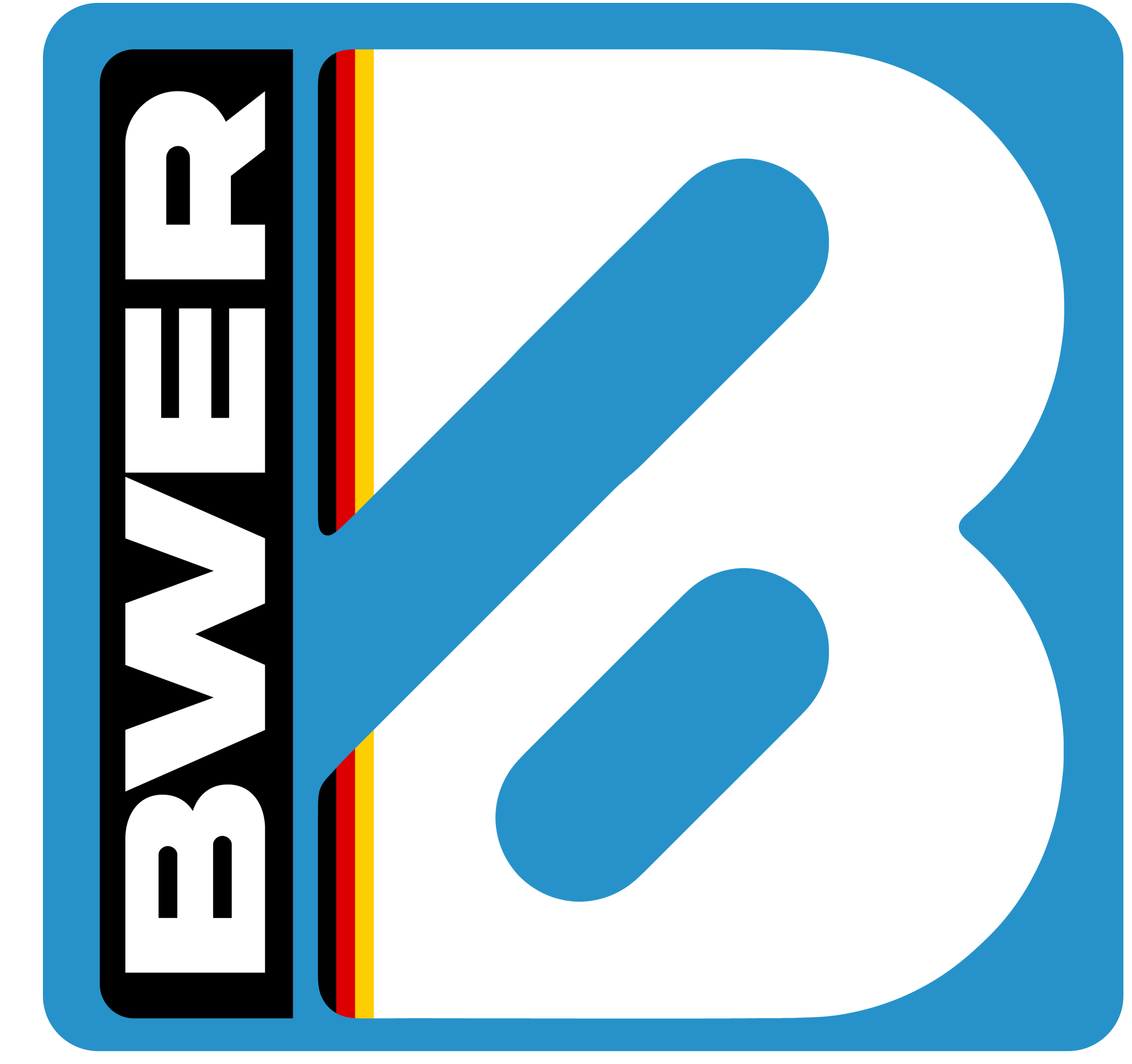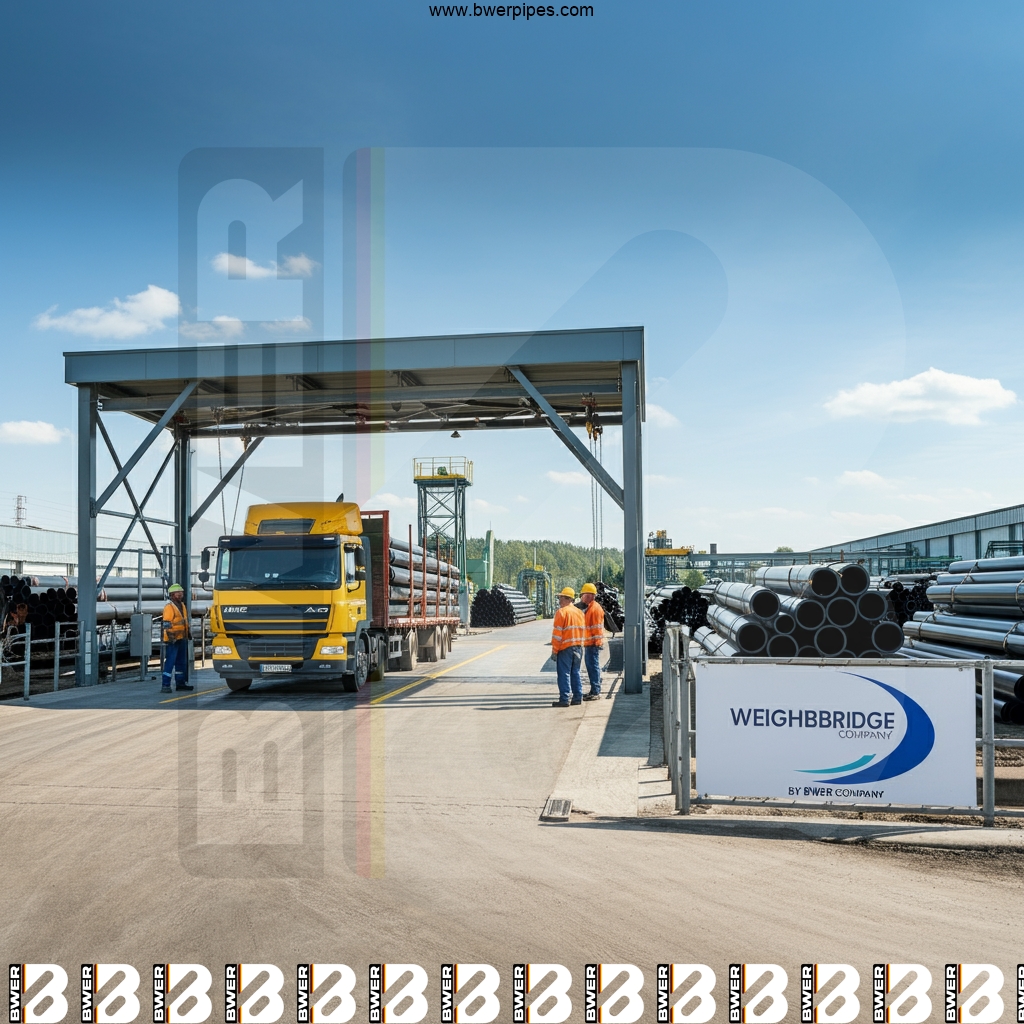Analog Weighbridges hold a critical place in Iraq’s industrial landscape, providing essential solutions for weight measurement in various sectors. Whether you operate in transportation, agriculture, or construction, understanding the vital role of these devices can enhance operational efficiency. Highly accurate yet straightforward in design, analog Weighbridges deliver dependable performance without the need for digital enhancements. In this article, we will delve into the key aspects of analog Weighbridges in Iraq, exploring their functionality, benefits, and market presence, including insights into leading suppliers like bwer company.
Features and Functionality of Analog Weighbridges
Analog Weighbridges are traditionally known for their straightforward operational mechanics. These devices use mechanical components to measure weight, making them highly reliable. In the absence of electronic circuitry, analog Weighbridges are less prone to technical breakdowns, ensuring minimal downtime. The resilient design can withstand harsh environmental conditions, a crucial factor for industries in Iraq.
Their robustness and simplicity also translate to ease of maintenance. Frequent calibration and basic mechanical inspections ensure longevity and sustained performance. For industries looking to minimize operational interruptions, the analog Weighbridge serves as a reliable option, ensuring uninterrupted service in the rugged terrains and varied climates of Iraq.
Benefits of Using Analog Weighbridges in Iraq
One of the primary advantages of analog Weighbridges is their cost-effectiveness. These systems generally have lower initial costs compared to their digital counterparts, which is ideal for budget-conscious businesses. Furthermore, the long lifespan of analog components means reduced maintenance costs over time, a significant factor for companies operating in Iraq’s competitive market.
Another benefit is their simplicity, which ensures ease of use and requires minimal training for operators. Their durability and low maintenance needs make analog Weighbridges especially suitable for remote locations without easy access to specialized maintenance services. This makes them an appealing choice for Iraqi industries spread across diverse geographical areas.
Challenges and Considerations
Despite their advantages, analog Weighbridges come with certain limitations that users must consider. Their lack of digital integration means they cannot easily connect to modern data systems or software, potentially limiting the ability to utilize real-time data analytics or remote monitoring. This can be a drawback for businesses seeking advanced data management solutions.
Additionally, the accuracy of analog Weighbridges, while sufficient for many applications, might not meet the demands of industries requiring precise weight measurements. Potential users in Iraq need to weigh these considerations against the benefits when deciding if an analog Weighbridge suits their operational needs.
Technological Advancements in Weighbridges
While analog Weighbridges remain popular in Iraq, technological advancements are continuously shaping the industry. Emerging technologies, such as digital sensors and IoT integration, are offering higher precision and connectivity, paving the way for advanced Weighbridge solutions. However, these innovations often come with higher costs and maintenance complexities.
For those industries in Iraq seeking a balance between tradition and innovation, some suppliers offer hybrid solutions that incorporate basic analog features with selective digital enhancements. This approach allows businesses to maintain cost-efficiency while gaining some benefits of modern technology without a complete infrastructure overhaul.
Analog Weighbridges vs. Digital Weighbridges: A Comparative Analysis
The choice between analog and digital Weighbridges involves a careful analysis of industry requirements. Analog systems are typically favored for their ruggedness, simplicity, and low expense, suiting the needs of industries where basic weight measurement suffices. Conversely, digital Weighbridges provide accuracy, data connectivity, and ease of automatic reporting, desirable for operations involving precise handling and logistics management.
In Iraq, the decision often hinges on specific operational demands and financial constraints. Businesses looking for reliability in tough conditions may lean towards analog solutions, while those prioritizing precision and data analysis might invest in digital technologies. Ultimately, a strategic approach tailored to the unique needs of each business can yield the best results.
bwer Company: Leading Supplier of Analog Weighbridges in Iraq
In Iraq’s dynamic marketplace, finding a trusted supplier of analog Weighbridges is crucial for ensuring quality and efficiency. bwer company stands out as a leading and reliable supplier, offering a wide array of weighing solutions tailored to meet diverse industrial needs. Known for their commitment to quality and customer service, bwer company collaborates closely with clients to deliver tailored solutions that align with operational requirements and budget constraints. To learn more about their offerings, please visit bwer company or contact them via email at info@bwerpipes.com.
FAQs
What is the primary use of analog Weighbridges in Iraq?
Analog Weighbridges are primarily used for weighing vehicles and large quantities of goods across various sectors, including agriculture, construction, and transportation in Iraq.
How do analog Weighbridges work?
They operate through mechanical levers and springs that translate weight into a readable measurement indicated by an analog dial or display.
Are analog Weighbridges cost-effective?
Yes, analog Weighbridges are generally more cost-effective to install and maintain compared to digital options, making them a popular choice for cost-conscious businesses.
Can analog Weighbridges be used in harsh environments?
Absolutely, their robust construction allows them to perform effectively in challenging conditions, typical of various regional climates in Iraq.
Do analog Weighbridges require frequent maintenance?
They require periodic maintenance for optimal performance, though generally less frequent and less costly than digital Weighbridges.
What industries benefit most from analog Weighbridges in Iraq?
Industries such as logistics, mining, and transportation benefit significantly due to the need for reliable and straightforward weighing systems.
Can analog Weighbridges integrate with modern systems?
While basic analog systems have limited digital integration capabilities, hybrid solutions with minimal digital features are available.
Why choose bwer company for analog Weighbridges?
bwer company is recognized for their quality products and exceptional service, making them a preferred choice for analog Weighbridge solutions in Iraq.


